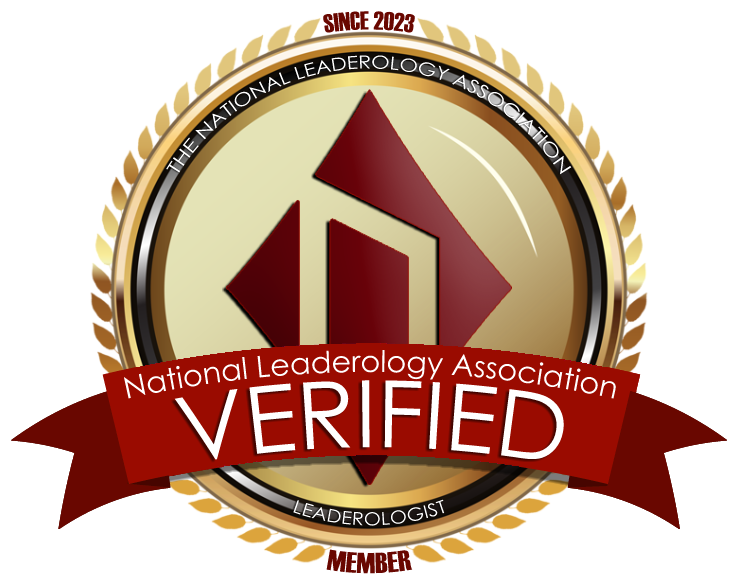|
WHY IS THE NLA SO VITAL?
In today's world, everyone wants to be an expert on everything. The leadership field has become especially vulnerable to misinformation, oversimplification, and unqualified practitioners. The internet has democratized access to information, but it has also blurred the line between legitimate expertise and well-packaged opinion. Leadership, more than most disciplines, has suffered from this confusion.
Unlike fields with formal licensure or tightly regulated professional standards, leadership remains young and relatively unprotected. As a result, individuals with no leadership education, no understanding of leadership science, and no experience leading teams routinely present themselves as “leadership coaches,” “leadership strategists,” or “leadership experts.” The consequences can be severe.
Consider the common scenario: A well-meaning but untrained individual decides to become a leadership coach. They may have never studied leadership theory, leadership psychology, organizational behavior, strategy, or development. They may have never led a team. They may have simply read a popular book or taken an online personality assessment course. Yet they begin offering services to organizational leaders, who often lack the tools to distinguish trained practitioners from charismatic amateurs.
An organizational leader searching for help sees polished marketing and glowing testimonials. Unable to differentiate between real expertise and pseudo-leadership branding, they hire the untrained practitioner. The practitioner offers advice based on personal opinion rather than leadership science, and the leader, believing the advice to be credible, implements it.
The downstream consequences can be significant. Misguided leadership strategies can damage team cohesion, degrade morale, create confusion, and reduce performance. When teams struggle, organizational outcomes decline. In severe cases, this leads to financial losses, restructuring, or failure. When organizations fail, employees pay the price. Families feel the strain. Communities are affected. And the reputation of the leadership discipline takes another unjustified hit.
Pseudo-leadership does not just harm one leader. It harms their people, their organization, and the broader community. It also deepens public distrust toward leadership practitioners, making leaders even less likely to seek the help they need later.
This is precisely why the National Leaderology Association is vital.
The NLA exists to safeguard the public, elevate standards, and create clarity in a field crowded with noise. NLA-verified practitioners are not hobbyists or motivational personalities. They are individuals with legitimate leadership education, trained in leadership theory, cognitive and behavioral foundations, organizational dynamics, strategy, and development. They are required to participate in ongoing education, stay informed on current research, and uphold ethical standards grounded in leadership science.
When an organization hires an NLA practitioner or leaderologist, they are not guessing. They are choosing someone who has studied leadership, understands it, and can apply it responsibly. They are choosing a professional with both the academic foundation and the practical competence necessary to offer sound, evidence-based guidance.
Leadership matters. The stakes are high.
Choosing the right practitioner is not optional. It is a strategic necessity.
If you are an organizational leader considering leadership support, look for the NLA designation. Choose real expertise. Choose evidence-based practice. Choose someone who understands leadership as a discipline—not as a buzzword.
A great deal depends on that decision.


